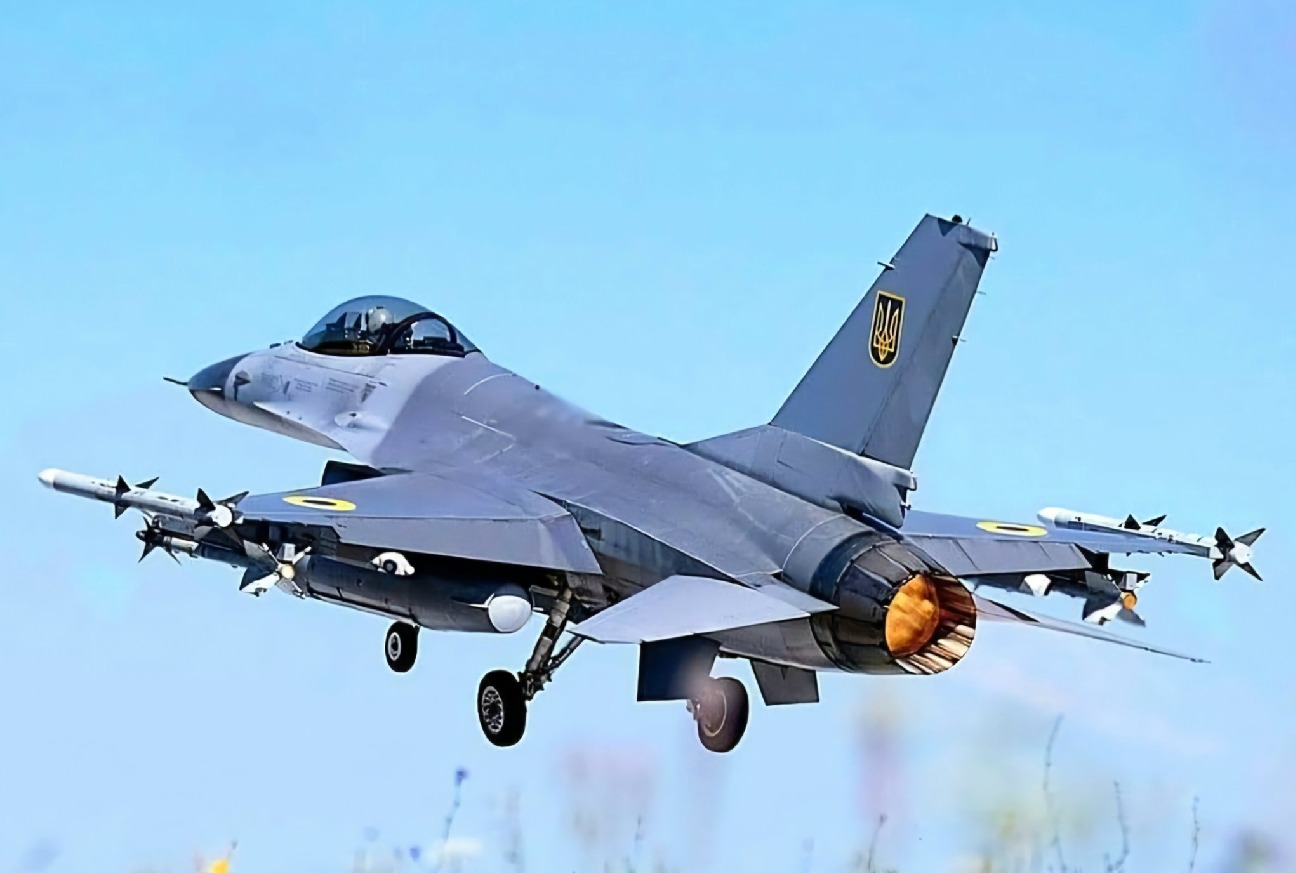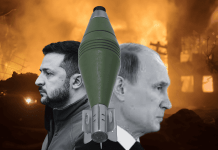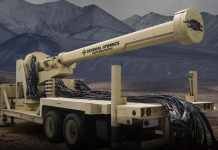In a significant policy shift, the Pentagon is reportedly easing restrictions to allow a limited number of American defense contractors to operate within Ukraine to assist with the maintenance and repair of critical military equipment, including F-16 fighters and Patriot air defense systems.
This new approach, approved by the US Department of Defense earlier this month, is expected to expedite the upkeep of high-value systems used by Ukrainian forces in their ongoing war against Russia.
An official with direct knowledge of the plan told CNN that the Pentagon’s new policy will permit American companies to bid on contracts for on-the-ground support in Ukraine—a first since the Russian invasion began in 2022.
According to the official, this change addresses the unique technical requirements of equipment like the F-16s and Patriot batteries, which require specialized expertise to maintain.
“In order to help Ukraine repair and maintain military equipment provided by the US and its allies, DoD (Department of Defense) is soliciting bids for a small number of contractors who will help Ukraine maintain the assistance we’ve already provided,” the official said.

The US has so far provided three Patriot batteries to Ukraine, alongside similar contributions from allied countries. Additionally, a coalition of nations has been authorized to supply Ukraine with around 85 American-made F-16s, though the US itself has not directly provided the jets.
Before this policy shift, the US had supported maintenance remotely, with American troops offering guidance through video calls and secure communication. However, this approach has faced logistical hurdles, as maintenance and repairs often require hands-on expertise.
By allowing experienced contractors to work directly within Ukraine, the Pentagon aims to facilitate faster and more efficient repairs on these complex systems.
A defense official highlighted the F-16 as an example of advanced equipment that will likely need regular maintenance, given the high operational tempo demanded by Ukraine’s defense efforts.
The new directive expands the presence of US government contractors in Ukraine. While the Pentagon’s involvement is new, the State Department has already contracted American firms to work on infrastructure, including the country’s energy grid.
Additionally, several American companies are already under contract with the Ukrainian government for various projects. Officials have clarified that the companies themselves will be responsible for the safety of their employees working in Ukraine.
The Need For A Policy Shift
Nearly three years of intense combat have damaged the military equipment provided to Ukraine, with much of it now damaged or worn out and urgently in need of repair. For much of this time, the Biden administration’s policy prevented experienced US contractors from working directly within Ukraine.
As a result, the damaged equipment had to be transported out of the country for repairs in NATO nations like Poland and Romania.
Ukraine War ‘Setbacks’ Pushing Russia Towards Nuclear Options; Pentagon Intel Warns Of Nuke War
Alternatively, Ukrainian forces received limited assistance remotely through video calls and secure phone lines. Such a repair process was complicated. When Ukrainian frontline units encountered equipment malfunctions, they would send detailed notes to translators, who then forwarded the information to US military personnel.
From one of seven stations in Poland, American forces would coordinate video calls with Ukrainian personnel to provide guidance and support for the repairs.
This system was part of the Army’s virtual repair mission, which sought to keep essential equipment operational as close to the front lines as possible. The equipment being repaired ranged from howitzers to tanks, with some repairs completed within hours while others took weeks.

However, in some cases, the issues exceeded the Army’s technical capabilities. The US Army then had to rely on a team of 276 contractors from the companies that manufacture the equipment used by Ukrainian forces on the front lines.
Although these solutions provided temporary fixes, they proved inefficient. This caused delays in returning critical equipment to operational status and limited the extent of repairs in Ukraine.
This has been especially challenging for advanced systems like the F-16 fighter jets and Patriot missile defense batteries.
These complex, high-tech systems require skilled technicians to perform regular maintenance, and without on-the-ground expertise, Ukraine faced significant hurdles in maintaining its operational readiness.
Remote support, though valuable, could not replace the need for hands-on repairs, especially in a high-pressure combat environment.
To address these issues, the Pentagon has now relaxed its restrictions, allowing a limited number of US defense contractors to work within Ukraine. Although these contractors will not be stationed directly on the front lines, the decision to deploy them into the country comes with risks, as Russian strikes continue to target various locations across Ukraine.
In response to these security concerns, companies bidding for contracts to operate in Ukraine must present detailed “robust risk mitigation plans” to ensure the safety of their personnel.
The decision to implement this policy shift came before the recent US elections, but its sustainability remains uncertain, given the impending transition to a new administration.
President-elect Donald Trump, who is set to take office in January, has criticized the scale of US military and financial support for Ukraine, vowing to end the war quickly, although he has not outlined specific plans.
This raises questions about the long-term viability of the policy, as US support has been critical to Ukraine’s survival against Russia’s much larger and better-equipped forces.
Moscow’s forces continue to occupy significant portions of Ukrainian territory, exerting mounting pressure on Kyiv. The Ukrainian military, already stretched thin, faces challenges in fielding a sufficiently strong force to counter Russia’s ongoing onslaught, which has recently been bolstered by North Korean troops.
In response, Ukraine has called on Western nations to lift restrictions on using missiles to target deep into Russian territory, a move it believes is necessary to disrupt Russia’s long-range attacks.
However, the Biden administration has yet to revise its policy, citing concerns that such a shift could escalate the conflict and further destabilize the region.
- Contact the author at ashishmichel(at)gmail.com
- Follow EurAsian Times on Google News




